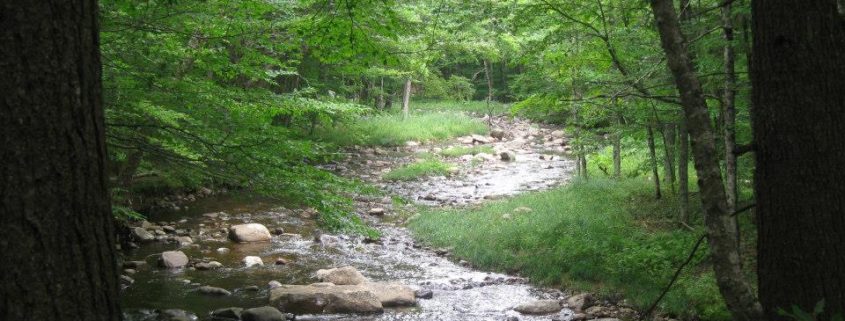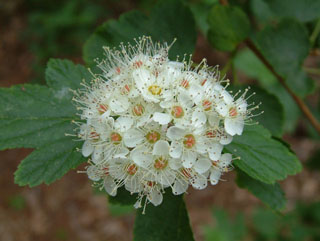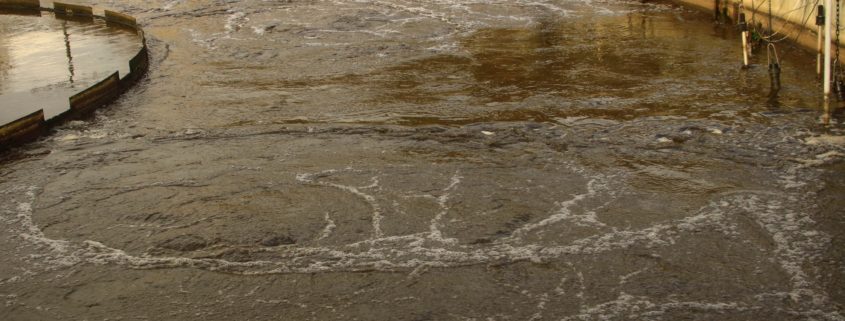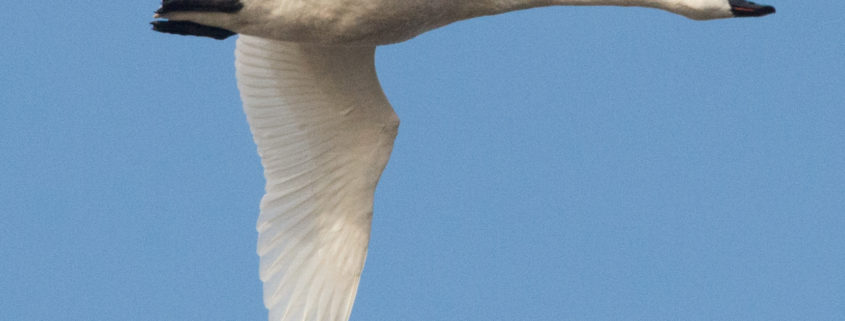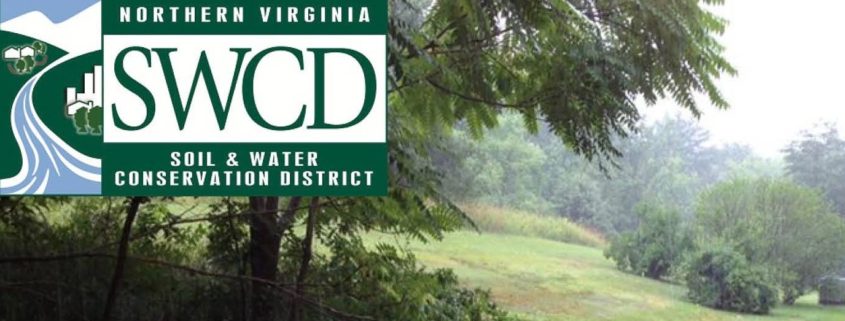Archive for month: January, 2018
Review of Nature is One of the Most Under-appreciated Tools for Reigning in Carbon, by Emma Bryce
/in Curated Resources, News and Updates/by vmnfairfaxReviewed by Tami Sheiffer
I’ve always been a big-picture person more than a details-person. in Virginia Master Naturalist basic training, I appreciated learning about the geology, flora, and fauna specific to Virginia and Fairfax County, and I value the focus on native plants and animals in our service projects. But my mind always wants to zoom out to the global scale and to my primary concern, which is human-induced climate change. I wonder, does our volunteer work as master naturalists have a significant effect on mitigating climate change, even when our service projects are not directly related to the issue? Encouragingly, the answer seems to be yes.
In Nature is One of the Most Under-appreciated Tools for Reigning in Carbon (20 October 2017) in the magazine Anthropocene, Emma Bryce summarizes Justin Adams’ (2017) study, Natural Climate Solutions, published in the Proceedings of the National Academy of Sciences of the United States of America . The study found that natural climate solutions–reforestation, conserving wetlands, sustainable fertilizer use, and other land management strategies–have a great effect on removing carbon or keeping carbon out of the atmosphere. Even with constraints added to the model, to ensure that land requirements for food production are met, and costs are kept down, a conservative model estimates that natural climate solutions can save 11 billion tons of annual emissions, providing 37% of the mitigation needed to meet the Paris Climate Agreement goal of 2℃ of warming.
The study’s findings are encouraging, and Bryce sums up the key takeaways so that they are easy to remember. The article gives readers information about which land management strategies have the largest impact on carbon mitigation, and assures us that we have enough knowledge about their effectiveness to act on these solutions now.
It turns out that when we plant trees and other native plants, or engage in park restoration, or educate a landowner or farmer to use less fertilizer and disturb the soil less, collectively we are not just improving the local environment but the global one as well.
Want to review a resource? We’d love to hear from you. Instructions for submission await your click and commitment.
Paid internship opportunities at U.S. Botanic Gardens, 5 February deadline
/in Events, News and Updates/by vmnfairfaxThe U.S. Botanic Gardens in Washington, D.C., is offering 12-week paid summer internships for students at least 16 years old as of 30 June 2018 and enrolled in school or college.
Position 1: Laborer or Gardener Aide
Position 2: Horticulture Aide
Compensation: $13.63/hour
Deadline to apply is 5 February
Job opening: Watershed Projects Manager for Arlington County, VA, 19 January deadline
/in Events/by vmnfairfaxArlington County’s Department of Environmental Services (DES) is seeking a Watershed Projects Manager to support the County’s comprehensive stormwater management program. This employee will be responsible for implementation of watershed retrofit and stream restoration projects as part of Arlington County’s Municipal Separate Storm Sewer System (MS4) permit and Chesapeake Bay TMDL Action Plan. This employee will manage capital stormwater projects from concept design through construction, work collaboratively to ensure projects are adequately maintained and monitored, and, in conjunction with outreach staff, will engage and inform residents, civic associations, community groups, commissions, County management and elected officials about stormwater capital projects. This employee will also review development plans affecting riparian buffers, streams and wetlands.
Applications received prior to January 19, 2018 will receive priority. However, applications will be accepted until the position is filled.
Please visit https://www.governmentjobs.com/careers/arlington/jobs/1933631/watershed-projects-manager for the full position announcement.
January 6 Hike to the Tundra Swans is postponed
/in News and Updates/by Janet QuinnThe Friends of Mason Neck State Park’s hike to see the Tundra Swans on January 6 has been postponed. The Great Marsh is freezing over, and the Tundra Swans will have to move further offshore or to another protected spot. The hike will be rescheduled for February, when the swans will be more visible.
2018 Native Seedling Sale: Plant List and Theme Announced!
/in Events, News and Updates/by Janet QuinnHold on to your trowels – the native species included in the NoVA Conservation District’s 2018 seedling sale have been announced!! This year’s species were all chosen for their deer tolerance. The Shrub and Small Tree Package ($16.95) will include two each of the following: Common Witch Hazel, Silky Dogwood, False Indigo Bush, Spicebush and Shadblow Serviceberry. The Tree Package ($11.95) will include two each of Eastern Redbud, Shortleaf Pine and Pawpaw. All species are Virginia natives and wildlife friendly! Online ordering will start February 1st, and seedling packages can be picked up at the Packard Center in Annandale on April 20th and 21st.



